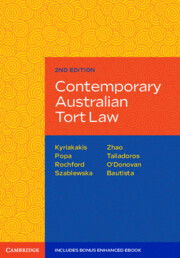Knowing receipt requires the satisfaction of disparate elements under English domestic law. Its characterisation under domestic law is also unsettled. These in turn affect the issues of characterisation and choice of law at the private international law level, as knowing receipt sits at the intersection of the laws of equity, restitution, wrongs and property. This article argues that under the common law knowing receipt ought to be considered as sui generis for choice of law purposes and governed by the law of closest connection to the claim. Where the Rome II Regulation applies, knowing receipt fits better within the tort rather than unjust enrichment category and the escape clause in Article 4(3) of the Regulation ought to apply.
